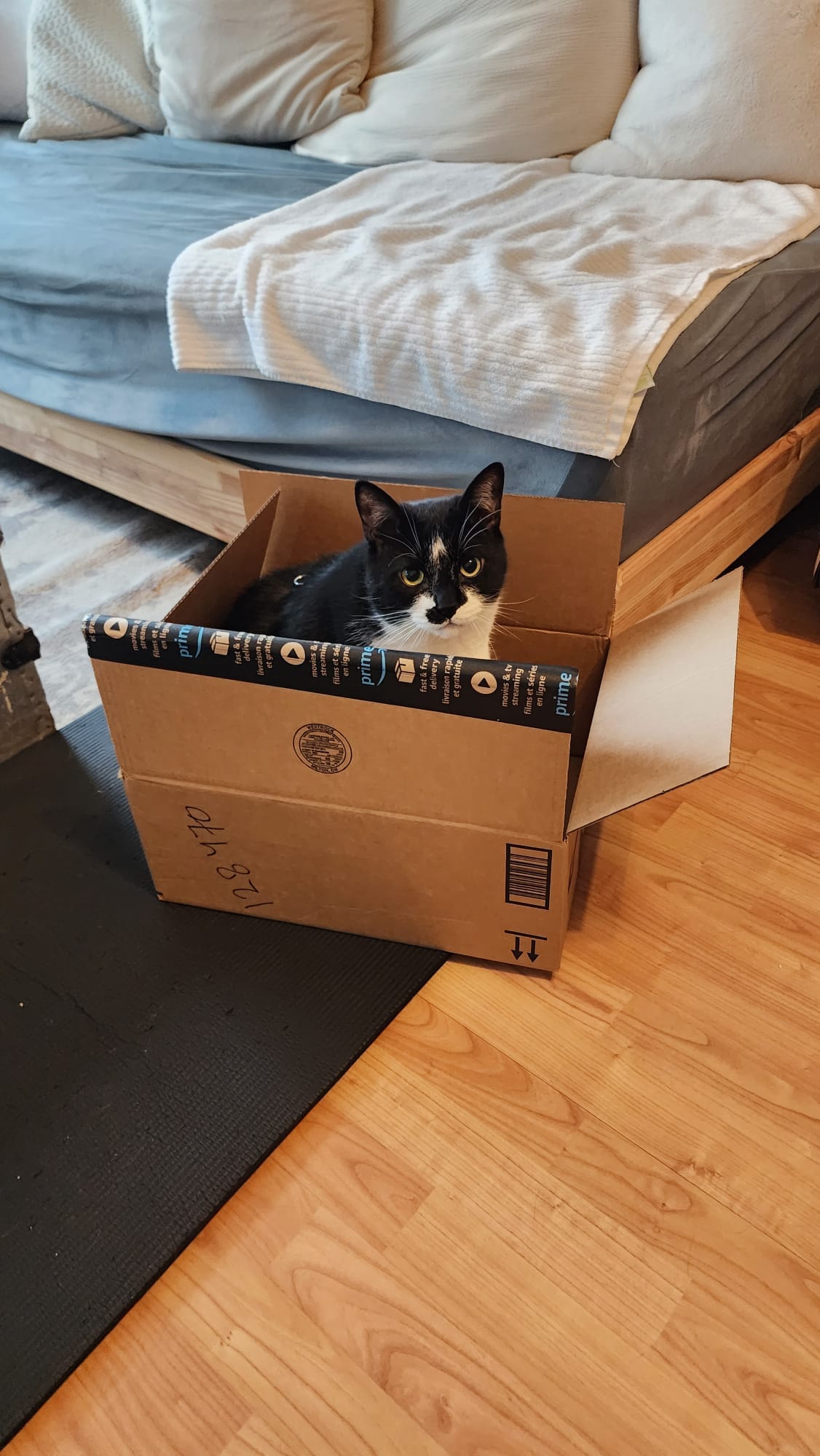I never thought I would say this
But this is the 100th edition of 🤷🏽♂️ Not My Problem
The journey of writing this newsletter started in January 2021. I remember sending the first draft to a few people for their feedback.
Most of them were equally excited and confused as to why I am doing that.
Even I didn’t have all the answers at that time.
All I knew was that I want to continue writing it every week.
And here we are-100 editions and a few hundred subscribers later :)
Really grateful(and thankful for all the privileges I have) that I am able to churn this out every week.
Thank you to everyone who takes out time every week to go through these stories and share them with their network. Means a lot ❤️
Moving onto this week’s content. So today, we have-
A startup that’s reinventing laundry and dry cleaning services
Another startup that is creating tableware from soil
Some good news
Stat of the week
🧺 This startup has reinvented laundry and dry cleaning services, in a planet-friendly manner
Everything has an impact…Washing clothes reduce their lifespan. They get worn out faster and then end up in landfills or our oceans. This impacts our health and the environment. Research suggests that 9/10 clothes end up in landfills long before they should and this can be prevented if we take better care of them. Also, laundry is a significant source of plastic pollution- microfibers generated in the washing process end up in oceans.
Let’s tackle all of this…UK-based Oxwash is building a laundry business that’s better for the environment. As the only B Corp-certified laundry business, they have built a hyper-local business that’s leveraging tech to help the planet. They use ozone technology for disinfecting the clothes. It washes at low temperatures, destroys bacteria, viruses and allergens, and increases the life of clothes. Here’s how they operate-
Customers can place an order online and choose a collection and drop-off time and place.
Oxwash collects the clothes, washes and delivers them back.
Currently available in 5 cities in the UK, they use a fleet of cargo e-bikes and electric vehicles for pick-ups and drop-offs.
Reimagining dry cleaning…Their customers also include hotels, hospitals, universities, hospitality, and circular fashion outlets. Apart from washing, they’ve also developed an alternative to dry cleaning(that uses harsh solvents). It’s called wet cleaning- uses biodegradable detergents and has lower water consumption.
🍽️ This startup is creating tableware from the soil
Did you know?… Less than 10% of the plastic around the world is recycled. The rest ends up in landfills and oceans. The situation is no different in India. Approximately 27k tonnes of plastic waste is generated in the country every day. Paper is being touted as an alternative to plastic in many industries but to manufacture 1kg of paper, 18kg of CO2 is released into the atmosphere.
Let’s try this…The CSIR-National Institute for Interdisciplinary Science and Technology (NIIST) has developed a technology to manufacture biodegradable tableware from agricultural residues and byproducts. This was licensed to a private company that came with a brand named Qudrat. Agricultural residues from harvesting and post-harvesting process like husk, bran & straw are converted into solid, strong, microwaveable & freezable tableware.
Qudrat manufactures plates, cutleries, and cups from agricultural residues and byproducts.
They are made in a zero-waste facility and have 90% fewer emissions compared to their plastic counterparts.
They have a shelf-life of up to six months and heat resistance of up to 100 degrees celsius.
There’s more…At the end of its life, the product goes back into the soil. It degrades in your garden and can even act as a fertilizer. Even if the product ends up in the environment and gets consumed by the animals, it won’t harm them as plastic does.
😹 Some Good News
🚬 Tobacco companies must pay for clean up of discarded cigarettes in Spain
🇯🇵 Tokyo will require new homes built from 2025 to have solar panels
🐦 Previously extinct bird, gecko populations from the Galapagos Islands have reappeared
🐖Wild mammals are making a comeback in Europe
There are more than 250 European mammal species, so the ones that we covered here represent just 10% of the continent’s mammals. The fact that these species are doing well does not mean that all species are. Nonetheless, they give us many promising examples of how animal populations can recover after a long decline.
Thanks for reading today’s edition. If you have any thoughts or questions, feel free to write to me by replying to this email.
Have a great weekend and see you next week😊











Honestly, I love the variety of start-ups tackling so many diverse problems with the way we do things today. And for me the best part is the ray of hope at the end of every article. The good news! Keep 'em coming!